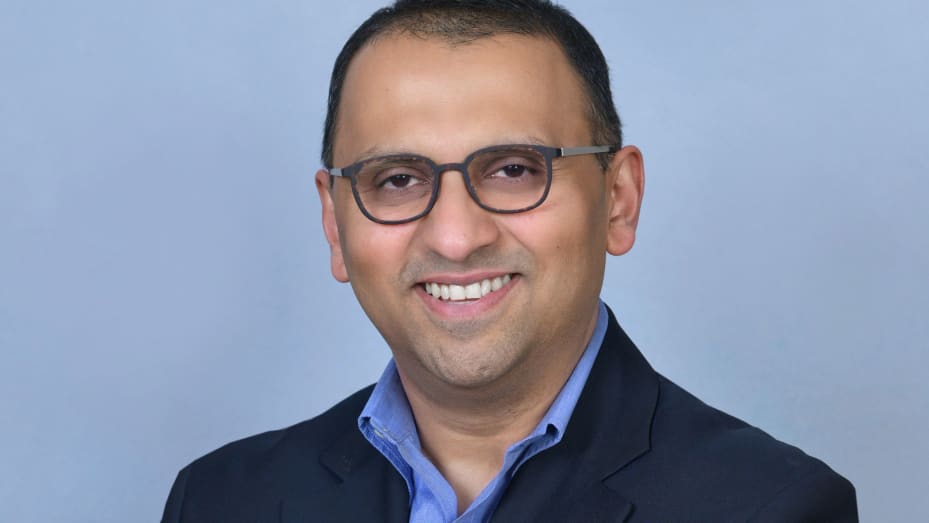Why this CEO who owns less than 100 personal items says minimalism is his key to success

For the last 15 years, Karthik Ganesh, CEO and board director of EmpiRx Health, a pharmacy benefits management company, has only owned less than 100 personal items – and he says he’s more productive because of it.
For many people, being able to splurge on material items is the ultimate indicator of success. But Ganesh, who currently owns 89 personal items, believes the complete opposite, finding that the less he owns, the more freedom he has.
Ganesh counts all of his items individually. For example, each item of clothing counts as one. Electronics, shoes, and other miscellaneous items are also counted similarly, saying if he had to “pack up all of his stuff tomorrow,” he wouldn’t have much to worry about. The husband and father of two also counts his own items, and his family’s items, separately.
“It’s been incredibly freeing,” Ganesh tells CNBC Make It. “If you’re not attached to things, it gives you greater dispassion, to be able to deal with life, work, family… It gives you the ability to handle things very differently because you’re not clouded.”
This lifestyle involves spending less money and only holding on to items that have value and meaning. Minimalism has gained popularity in recent years, as the pandemic caused people to rethink what’s essential to them and reevaluate spending habits after job loss.
By weaving minimalism into his leadership style, Ganesh has been able to foster adaptability and incisiveness within his company.
“We don’t put three-year strategic plans in place. We literally have a 10-month plan in place, and we revisit it essentially every month,” he says. “Disappointment and challenges in life come from the fact that you make a plan, you really hope it’s going to work, you get attached to it. And then when it doesn’t happen, you get discouraged. What if you weren’t attached to it? What if you make a plan and say, I’m going to do everything I possibly can to make this plan happen. But if it doesn’t happen, that’s okay. I’ll go and try something else.”
This mindset has allowed Ganesh to “think about strategies that impact people and the company very differently,” and in return, “we are able to enjoy the journey. The outcome is a byproduct.”
Not only has minimalism helped Ganesh, but it’s also trickled down to his employees, with some even sending him pictures of their decluttered desks and closets after getting rid of nonessential items.
“They reach out and say hey, I feel lighter. I feel looser. It allowed them to feel uplifted. It allowed them to feel like, in the absence of control with everything else around them, they were able to zero in on the things that they can control. And it was huge for them.”
For people wanting to incorporate minimalism into their lifestyle, Ganesh says that being “deliberate” is key.
“It comes down to taking a step back and asking ourselves what is truly important. And if something isn’t important enough, just get rid of it. If something hasn’t been used, get rid of it. The ’just in case″ syndrome doesn’t exist. [Afterwards, ask yourself] Does that make you feel like you’ve got more mind space? Does it give you more breathing room to focus? If it does, then just keep taking more things off your plate. And let’s see what that looks like.”

